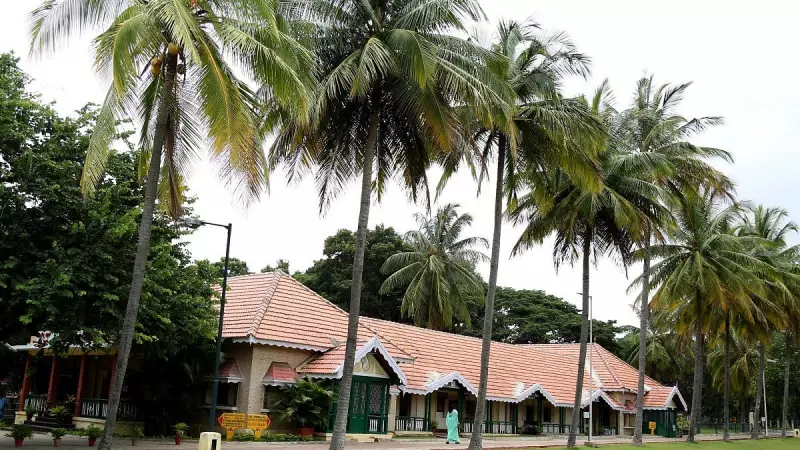
The Karnataka government's recent recruitment drive for faculty positions at the Administrative Training Institute (ATI) in Mysuru has ignited a heated debate among experienced trainers and academic professionals. The controversy centers around a stringent age restriction that many argue is excluding highly qualified candidates from contributing to the state's administrative training ecosystem.
The Heart of the Controversy
According to the recruitment notification issued by the Karnataka government, candidates applying for faculty positions at ATI must not exceed 45 years of age. This restriction has drawn sharp criticism from seasoned professionals who argue that it effectively bars experienced trainers with decades of expertise from applying for these crucial roles.
Expert Voices Speak Out
Several prominent trainers and academicians have expressed their discontent with what they describe as an "arbitrary" age limit. Many point out that training and administrative expertise typically peaks after years of practical experience, making professionals in their late 40s and 50s ideally suited for such positions.
"This age restriction contradicts the very essence of what makes a good trainer," explained one senior professional who wished to remain anonymous. "Experience, wisdom, and practical knowledge—qualities that deepen with age—are being systematically excluded from the recruitment process."
The Impact on Training Quality
The controversy raises important questions about the potential impact on the quality of administrative training in Karnataka. ATI plays a crucial role in shaping the skills and capabilities of government officials and administrators. By limiting the pool of potential faculty to younger candidates, critics argue the institute risks losing valuable practical insights that only come with extensive field experience.
Broader Implications
This situation reflects a larger pattern in government recruitment where age restrictions often prevent experienced professionals from transitioning into academic and training roles. Many argue that such policies create an artificial divide between practical experience and theoretical training, ultimately compromising the quality of administrative education.
The debate continues as experienced trainers and academic professionals call for a reconsideration of the age criteria, emphasizing that quality training requires a blend of youthful energy and seasoned expertise.






